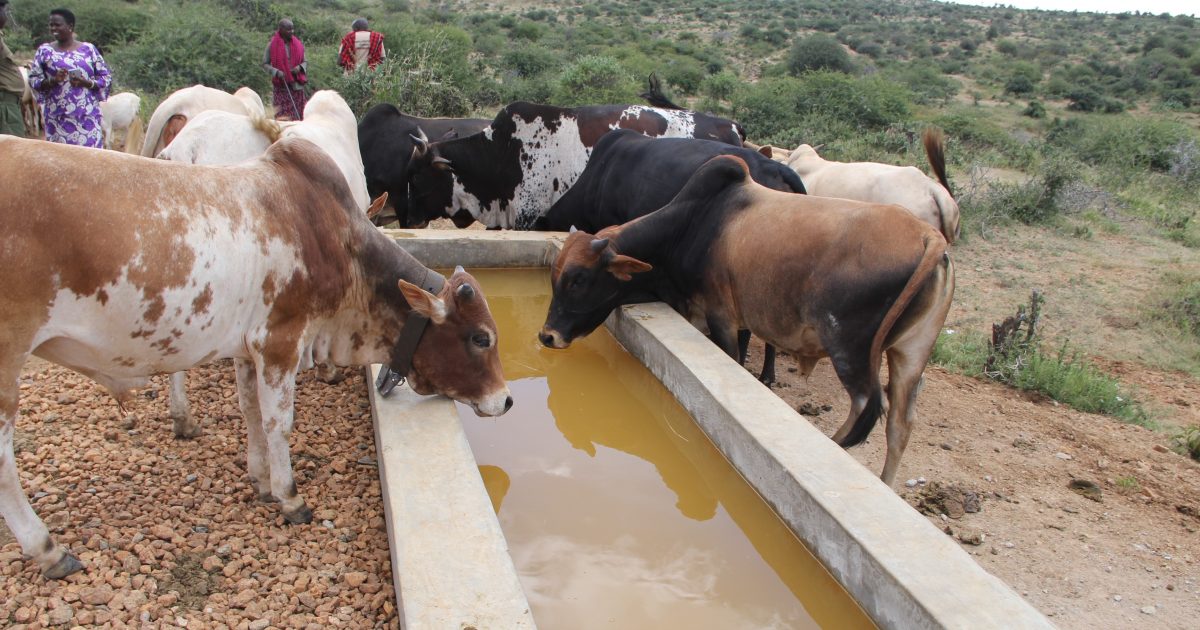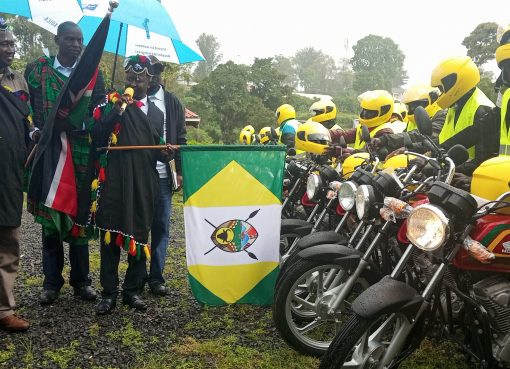More than 1,000 Mukogodo East residents in Laikipia North Sub County will access water from a Sh15 million water project that was commissioned by Ewaso Ng’íro North Development Authority (ENNDA).
The Ewaso Ng’iro North Development Authority (ENNDA) project will ease the burden of women who have been trekking for more than 10 kilometers to search for water.
Laikipia North Member of Parliament Sarah Korere speaking after the Luruk water project launch Thursday in Mukogodo said that the project would deter human-wild conflict that has been witnessed during drought.
The lawmaker said, “Women can now engage in other activities including kitchen garden farming since the search for water burden has been addressed and at the same time children will have sufficient time to learn,” added the MP.
ENNDA project manager Josiah Mulwa said that they had constructed a 350 meters borehole, installed a solar system for water pumping and at the same time promoted green energy in the pastoral area.
“This is a water scarce area. Women, livestock and children could walk for long distances to access water commodities, which has been a major challenge. With this, many households will benefit,” said Mulwa.
He acknowledged that, Luruk borehole project, which cost Sh15.6 million, was expected to serve over 15,000 livestock and wild animals.
ENNDA Board of Director Jane Putunoi reiterated that the project had created a major impact on the pastoral community.
Francisca Kirwa, a resident lauded the water project noting that it would alleviate their long-term challenge of accessing clean water for domestic use which they had experienced during prolonged dry spells.
“As women, we are the most affected when there is water scarcity. We could spend entire day fetching water since we could carry 20-liters jerrican per trip which is barely enough for domestic use. We are very thankful for this project. Women are happy,” Ms Kirwa said.
Dickson Mbui, also a resident, said that movement of residents from one place to another in search of water and pasture would be a thing of the past.
By Muturi Mwangi




